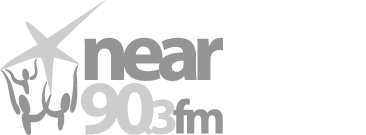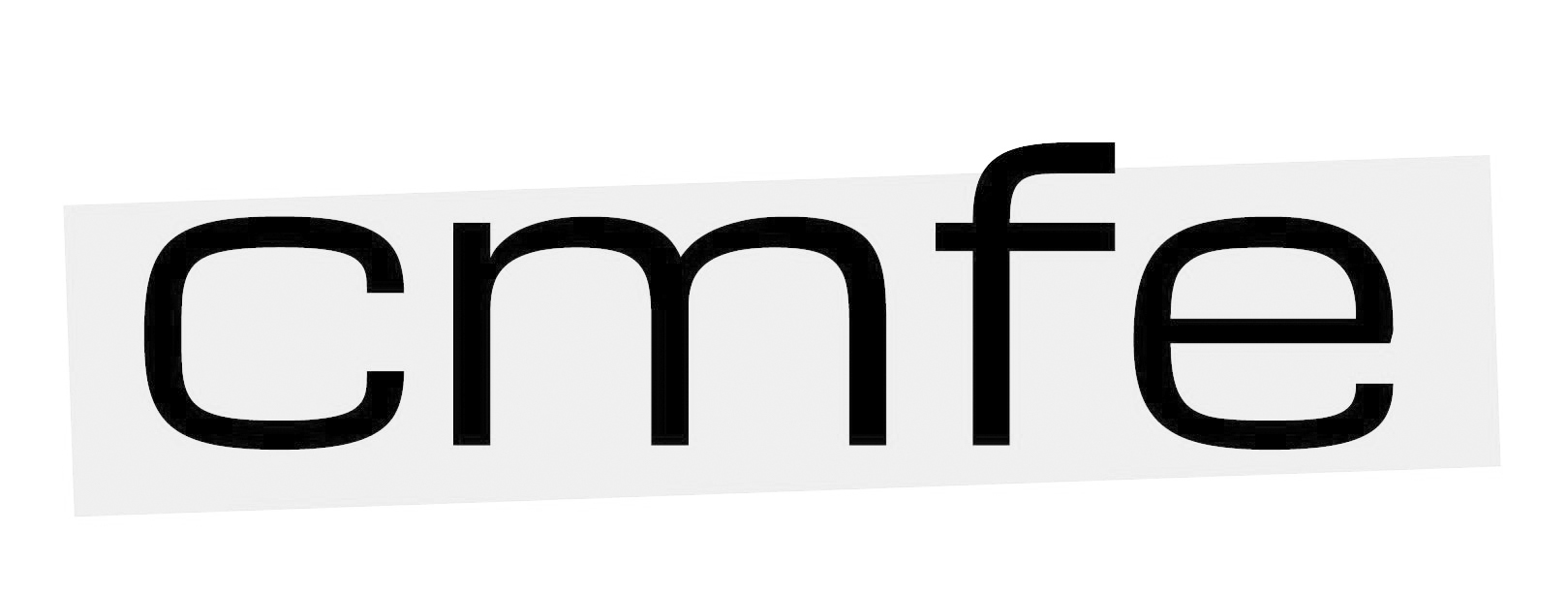About
SMART Trainers offers two syllabi for train-the-trainer courses – an online course and an onsite course – to train the principles of learner-centred radio education. SMART Trainers builds on the SMART online tool, which brings together proven methods, activities and materials for radio training, especially for specific target groups, and offers them for free use. SMART Trainers is further dedicated to enabling training in the non-formal education sector of community media. In addition to the courses, SMART Trainers includes a tool for the assessment of the learning outcomes of the course participants and the certification of the participation in the courses. SMART Trainers was developed against the background of community media, which is where the organisations involved come from or are located. As part of a Strategic Partnership for Adult Education in the Erasmus+ Programme of the European Commission from 2018 – 2021, SMART Trainers is the result of collaboration between:
The Radioschule klipp+klang organises and coordinates radio training for UNIKOM’s non-commercial local radio stations and organises courses for various private radio stations. The klipp+klang radio school also conducts research and development (intercultural education, radio and linguistic-cultural minorities) and initiates its own youth and empowerment projects. The radio school is run by the association Radioschule klipp+klang (founded in 1995).
COMMIT, the Community Media Institute for Further Education, Research and Consultancy is the further education institution at the interface between non-commercial broadcasting, adult education and research in Austria. COMMIT was founded in 2010 as an association, its activities are non-profit. Its aim is to promote the discussion and further development of non-commercial media at all levels of society. This includes, in particular, the stimulation and design of further education and accompanying research in cooperation with actors of non-commercial media, adult education and science.
Antxeta Irratia is a Basque non-commercial community radio and has a long experience in projects both domestically as cross-border projects between Spain and France and in international cooperation projects, for example in adult education. Since 2007, Antxeta Irratia has developed numerous projects on intercultural issues and education, both in cooperation with women’s organisations and migrants from the region or with the Adult Education Centre (ECA).
Civil Radio broadcasts as a non-commercial community radio with the help of more than 150 volunteers. Cultural, social and environmental events, communities, conflicts and life in Budapest and its districts are the central topics of the 24-hour programme. Civil Radio operates with the latest communication and media technologies and Web 2.0 applications, using training and e-learning materials to educate its volunteers.
Near Media-Co-op is a democratic not-for-profit media cooperative that uses media as a tool for community development. The Co-op was founded in 1982 and has more than 600 shareholders and more than 120 regular volunteers. NearFM has been broadcasting as a community radio since 1995 and has been and continues to be involved as a partner in numerous European projects on cultural identity and environmental issues, intercultural training and human rights programmes. NearFM was involved in the production of the Inter.media training materials with an intercultural focus in 2006 and offers FETAC Level 4 key vocational qualifications as well as media literacy training and intercultural training.
Radio Corax is a free radio station in Halle(Saale) in Germany. As a non-commercial local radio station, Radio Corax broadcasts 24 hours a day. Radio Corax can be received terrestrially in Halle and in southern Saxony-Anhalt on FM. From the very beginning, Radio Corax has placed great emphasis on training people to become qualified radio broadcasters. Radio Corax was and is involved in radio education projects in various contexts, including intercultural ones.
Since 2004, the Community Media Forum Europe (CMFE) has represented networks, national associations, projects and individuals active in the third media sector, often called community media, at European level. Each channel is shaped by its environment and the particular culture, history and reality of the community it serves. Community media are usually owned by the communities the volunteer broadcasters come from and produce programmes that are important to the communities – and they are not for profit. CMFE advocates for citizens’ rights to community media and serves as a platform for dialogue and recognition of community media at the European level, as a clearly demarcated media sector. In a context where freedom of expression and access to information are increasingly threatened by concentration in the media sector and the spread of misinformation, community media are indicators of media pluralism.
AMARC Europe is the European chapter of the World Association of Community Radios. The European Federation is representing more than 300 community radios, their national or regional associations and individuals. Since 1994, AMARC Europe has been representing the interests of its members at European and international level, establishing communication and thus the exchange of experience between its members and initiating their international cooperation. AMARC Europe also liaises with the World Association of Community Radios and with various United Nations organisations.








